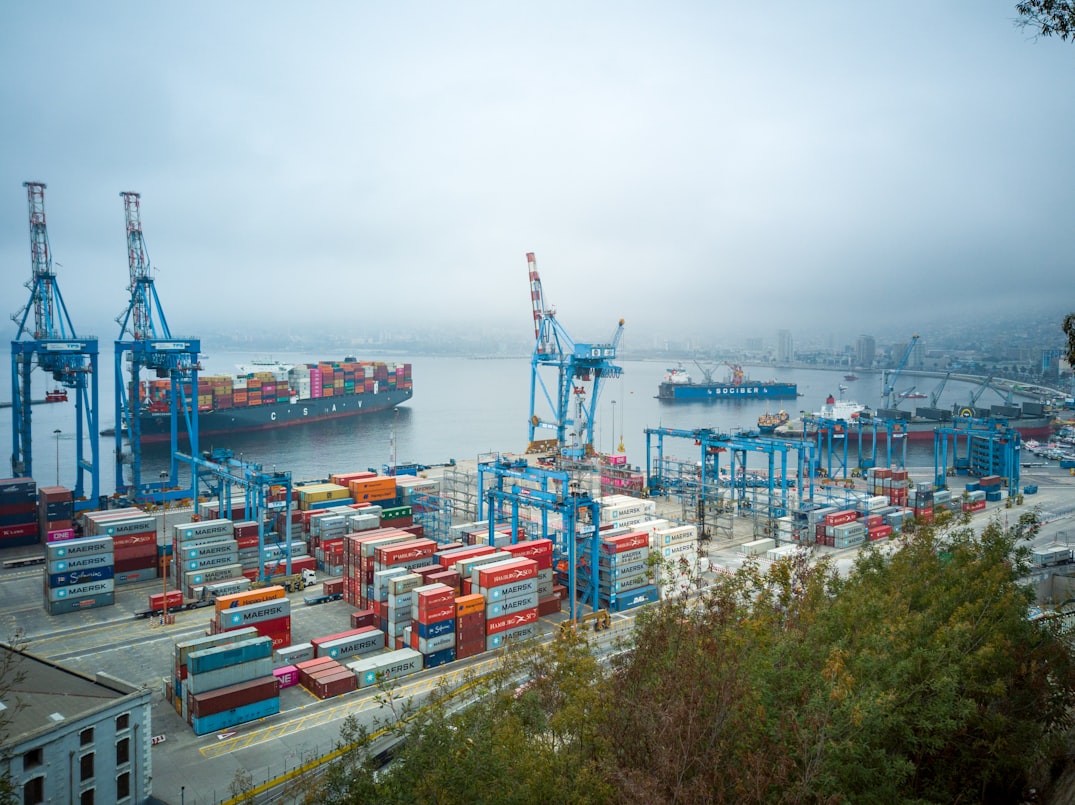Will The Economy Get Better In 2023? The global economic outlook has deteriorated significantly since the end of 2021.
Back then, it seemed a tentative recovery might be on the cards, as the world began shedding the harsh social measures enacted during the coronavirus era, and life was just about returning to normal.
However, that optimism was soon dashed in February this year, when Russia launched a ground invasion of its neighboring territory Ukraine.
What followed was a series of supply shocks that sent commodity prices soaring, leading ultimately to rising inflation and a cost of living crisis across the globe.
As these problems only worsened, policymakers were left scrambling in the dark for solutions. But with answers to the crisis ever more elusive, is there hope that things could get better anytime soon?
Economic Spillovers From The War In Ukraine
One of the most obvious and immediate consequences of the Russo-Ukrainian war is the effect it has had on global commodity markets.
Oil prices rose sharply after the invasion began, both as a result of changes to supply and demand, as well as sanctions imposed on Russia in the immediate aftermath of the military action.
It remains to be seen whether oil prices will continue to rise or whether the release of petroleum reserves elsewhere will be enough to stabilize costs in the near term. However, the same cannot be said about natural gas prices, as the infrastructure needed to transport the raw substance is relatively inflexible.
Other cross-border production networks have also been affected by the conflict thus far.
For example, upstream disruptions to neon gas production – which is heavily concentrated in Ukraine and Russia, and is vital in the manufacture of silicon chips – will have a cascade effect on many other industries elsewhere.
And it’s not just commodity markets that have been interrupted either. Financial markets are now dealing with increased volatility, as the risk of sovereign default has increased significantly since the beginning of 2022.
On top of that, a general uptick in geopolitical uncertainty is also likely to lead to a drastic repricing of risk by underwriters and investors alike.

Source: Unsplash
Supply Chain Pressures
The onset of COVID-19 triggered unprecedented challenges to the global supply chain system. Shipping costs rose throughout 2021, while delivery times also lengthened. The result was that trade flows decreased and import volumes dropped, which most likely contributed to elevated inflationary pressures too.
Unfortunately, supply chain disruptions have a negative effect on business inventories, which also impacts sales and production efforts in due course.
Moreover, many small enterprises suffer disproportionately from constrained supply chains, especially those that face difficulties in sourcing alternative foreign-based suppliers.
Some industries have been more affected by logistic bottlenecks than others. Take the automotive sector, for example, whose sales dropped due to a shortage of vehicle chips at the start of the pandemic.
If global supply chains are to become more resilient in the future, a number of things must happen. Reshoring critical manufacturing processes is essential, as is additional investment in infrastructure spending.
Governments could also intervene further by reducing trade costs to help alleviate issues with non-tariff barriers, and close information gaps through advanced digitization of company filings.
Increased Social Tension
A key factor in prolonging the current economic crisis comes from the breakdown in the rules-based order that’s been the hallmark of international relations since 1945.
In fact, this breakdown has far-reaching ramifications and could potentially lead to greater polarization, including a conflict between the world’s major powers.
Someone who has written widely on the forces that drive people to take up arms is Martin Armstrong.
Armstrong has been a commodities trader in his time, but is more famous for developing theories surrounding the cyclical nature of events and markets.
Indeed, he recently applied those theories to the phenomenon of war in his book The Cycle of War and the Coronavirus: The New Threat to World Peace & Battle of the Billionaires.
In it, Armstrong observes that:
…war is simply the emotional compulsion for confrontation.
Explaining his ideas, Armstrong points out that, rather than fighting for ideological purposes, warfare is essentially an attempt at empire-building – a sort of economic expansionism if you will.
Indeed, Armstrong now believes that, due to fears over high inflation and an imminent Eurozone collapse, the EU is “pushing for war,“ hoping to create a new Bretton Woods accord out of the ashes of such a conflict.
Armstrong believes that war will erupt in 2023, bringing with it civil unrest as well as military confrontation. And if he’s right, the prospects for economic recovery would look even worse than they do today.
Conclusion: Will The Economy Get Better In 2023?
While stabilization will be a necessary priority over the next few months, further long-term challenges cannot be overlooked. The global economy is in a state of flux already, with or without the lingering effects of COVID-19 and the war in Eastern Europe.
Furthermore, almost all analysts believe that conditions will get worse before they get better. The International Monetary Fund states that the real GDP of advanced economies will continue to decline well into 2023, and that stagflation could prove another obstacle at some point in the future.
But if Martin Armstrong’s jeremiad is correct, a slight contraction in economic output might be the best outcome compared to what he’s predicting.
And even if he’s wrong, there’s not an awful lot to get excited about at the present time anyway.
The author has no position in any of the stocks mentioned. Financhill has a disclosure policy. This post may contain affiliate links or links from our sponsors.